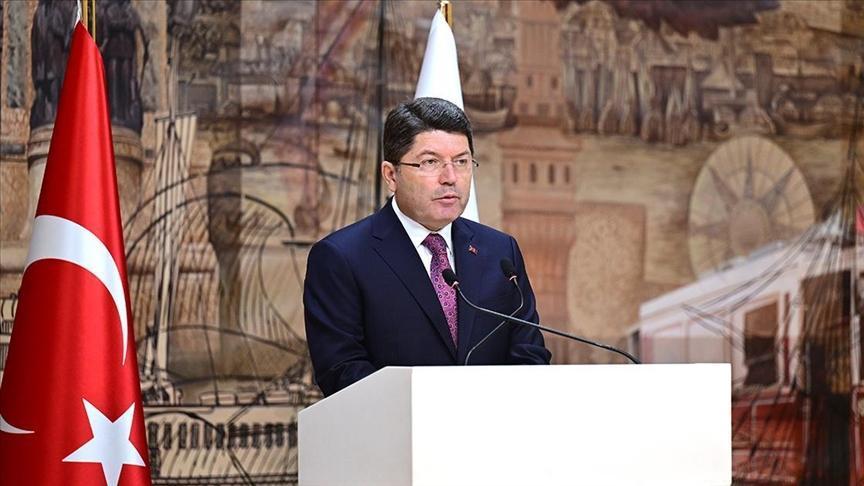US should stop Israel from hitting Iran
On Nov. 7, it was Russian Foreign Minister Sergey Lavrov who warned Israel not to attempt a military strike against Iran because of its nuclear program. Yesterday, not only the Russian President Dmitry Medvedev but German Foreign Minister Guido Westerwelle and French Foreign Minister Alain Juppé as well said an Israeli military strike of Iran would be a very bad idea; instead Iran should be under more pressure not to build an atomic bomb. Turkey has been making the same warning for some time as a country that opened up its territory for the early warning radars of NATO’s missile shield project.
All those warnings and pledges were in reference to a statement made last week by Israeli President Shimon Peres, who said they were closer to the military option rather than the diplomatic one regarding the nuclear program of Iran. They make those warnings since they asses that the U.N. report on Iran’s program may further agitate Israel.
One thing is certain: When Israelis start to speak about military option, most of the time they deliver their promises, without much worry about the consequences; they rely on the backing of the United States for that.
So without worrying much about what kind of consequences the American people might face, Israelis can hit Iran, like they hit Iraq in the past.
On June 7, 1981, Israeli F-16s hit the Tuawaitha nuclear complex, which the Saddam Hussein regime had acquired from France back in 1976. The fleet commanded by Ze’ev Raz (who had been promoted to chief of joint staff afterward) was relying on the U.S.’ KH-11 Kennan military satellite and had used Jordanian and Saudi airspaces in the attack.
The Israeli use of fellow Arab airspaces in an attack against Iraq may look odd, especially when it’s considered that Iraq was supported by the U.S. in the Iraq-Iran War at that time. But there is another interesting detail in this picture. Iran (after changing regime into an Islamic one in 1979) had attacked the same plant for the same reason Sept. 30, 1980, with F-4 planes shortly after the brake of war, but failed. (It is not a much discussed issue that the Israeli attack on Iraqi reactor was one of the main reasons of Turkish decision to prefer joint production of F-16s [over F-18s] to replace F-4s as the backbone of its air force.)
So if Israelis did that before, they can do it once again. But today’s Iran is not the Iraq of 1981; the world has changed a lot since then into a much riskier environment, especially regarding the unconventional methods of warfare. President Mahmoud Ahmadinejad of Iran is not talking to Israeli leadership in answer to the threats from Israel; he is talking to the U.S.
Therefore the call of Russians, Germans, French, Turks and others worried about an attack on Iran – as they are worried of the possibility of Iran having a nuclear arsenal – are actually not addressing Israel; they address the U.S. Because if there is any power to stop Israel from attacking Iran now, that is the U.S. and its President Barack Obama.











